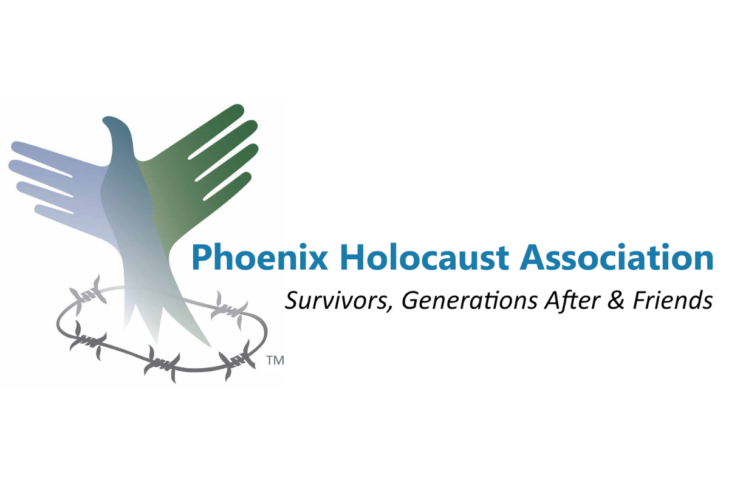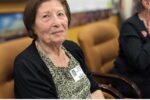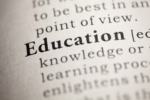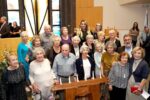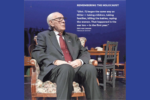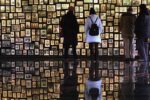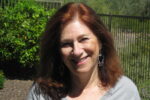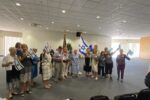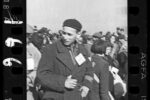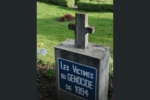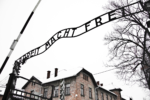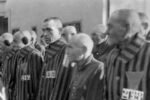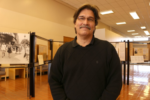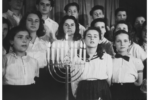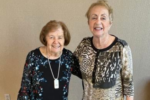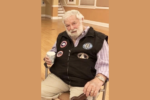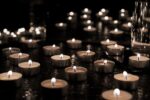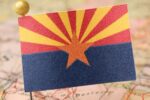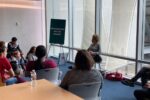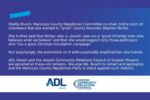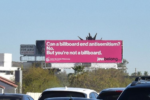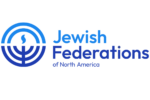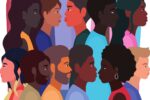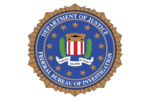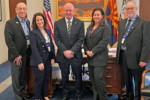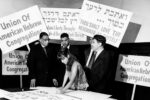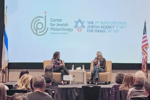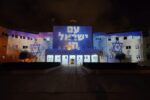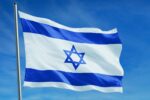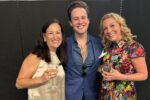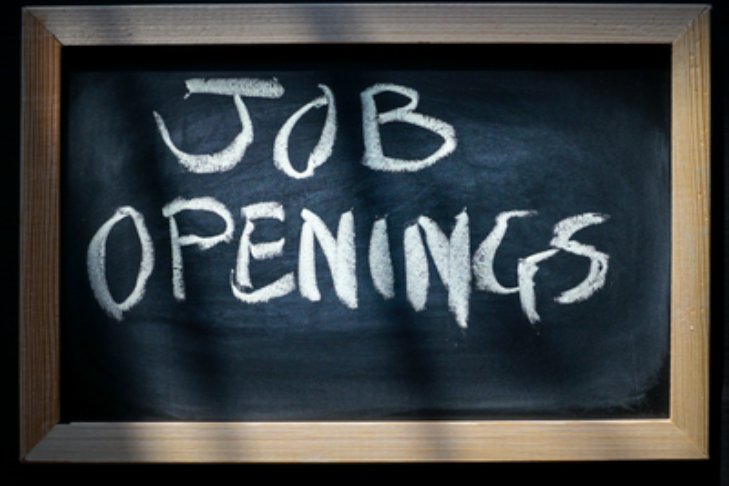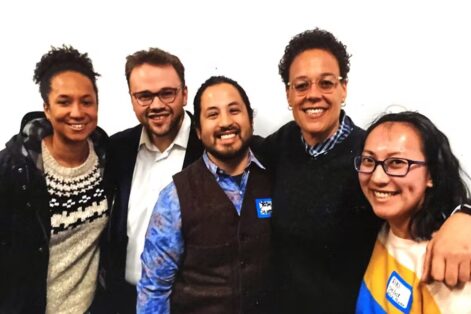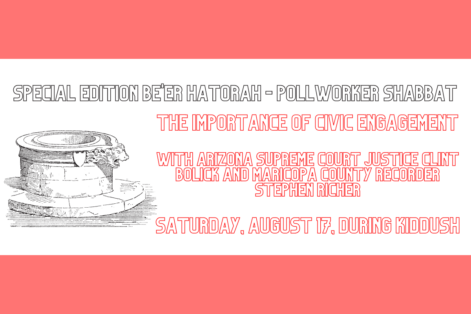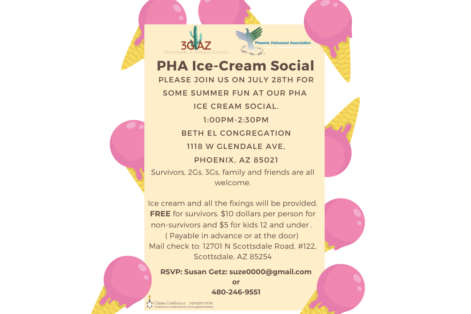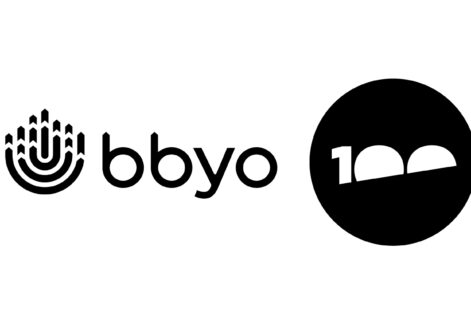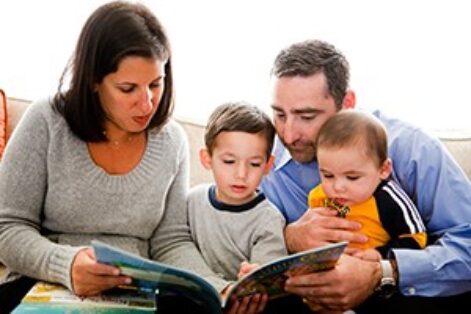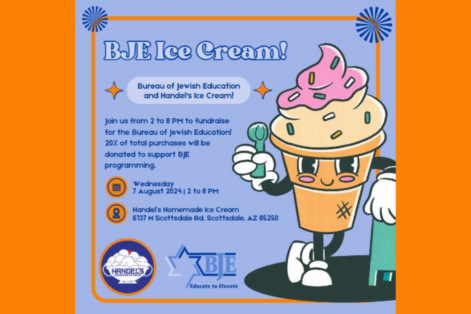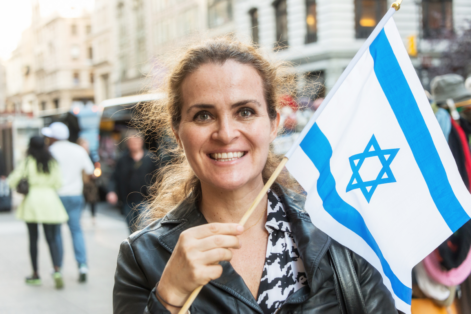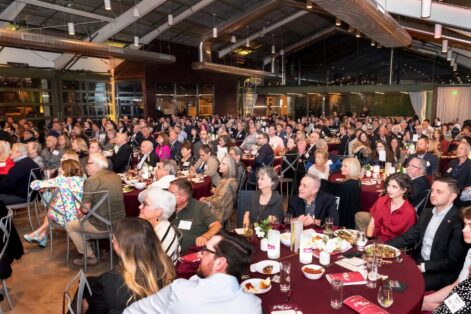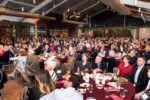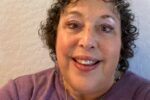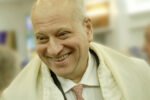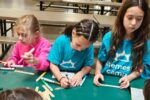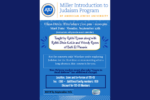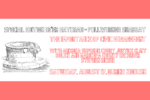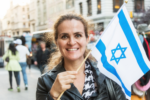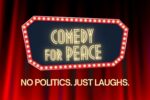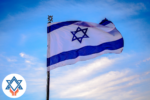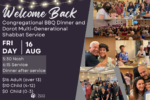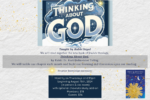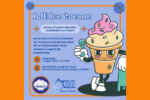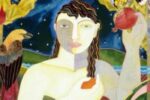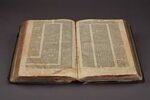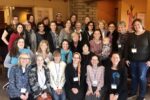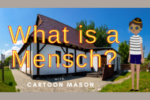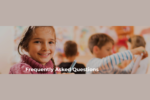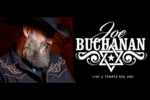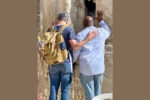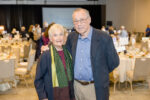I consider myself a well-educated person, with a few high academic degrees, which made my mother proud. I grew up and was educated in New York. After living and working in five other countries, I relocated to Phoenix, Arizona and became active as a volunteer at the Heard Museum. This was the first time I learned about the terrible abuses against American Indians, including the history of the infamous Boarding Schools for American Indian children. I was horrified to learn that children were forced–actually kidnapped–and sent thousands of miles away from home to government or church-run schools throughout the United States. I was mortified and ‘uncomfortable’ to learn that my own government was responsible for these decisions, these violations of treaties, these deaths, and these abuses. Some have identified these events as efforts at genocide.
As a child of two Holocaust survivors from Lithuania, the triggers rang in my head as I learned the extent of the horrors. I was shocked to learn about these terrible chapters in American history. Furthermore, as an adult and an educator I felt that the absence of this history from the curriculum of many schools was purposeful omission.
As a coordinator at the welcome desk at the museum, I made sure each and every visitor went to see the comprehensive exhibit about the history of the boarding schools entitled “Away from Home.” Upon their exit from the museum, as they passed by my desk, I asked our guests their impressions. Many had tears in their eyes and were visibly moved, not only about the story itself, but because of their personal realization. Each one declared, almost apologetically, “How come I never knew? How come I never learned anything about this in school?”
I have heard that there is a belief in some sectors that teaching “uncomfortable truths” in our public schools would be too disturbing for our children, and thus, should be avoided. A few years ago, I was
invited to speak about my family’s Holocaust experiences at a number of secondary schools in Germany. The students in the audiences were probably the second generation that had been receiving education about the Holocaust, as mandated by their Ministry of Education.
These students and their teachers are very knowledgeable of the facts about the atrocities and the genocide, documented from before, during, and after WWII. While they may not know every detail,
they are also very aware that most of their grandparents and great grandparents and other family members were members of the Nazi party and contributed to the war effort. They have had to come
to grips with the fact that each one was directly or indirectly involved in the genocide of the Jews and other groups.
Was it painful and uncomfortable for them to learn these facts? Yes, for sure! There is much research and writings about the descendants of Nazis to understand their pain after learning those facts.
As I listened to these future adults speak, I felt heartened that their governmental education has tried to ensure that they create knowledgeable, civic-minded, humane, and empathic citizens. The
students talked about the importance of preserving and protecting their democracy, their sensitivity to diversity, and their stand against rising fascist movements in their country. Perhaps this is the result
of purposefully addressing these “uncomfortable truths” in their educational programs.
Ettie Zilber, educator, author, 2G, board member of PHA
This post has been contributed by a third party. The opinions, facts and any media content are presented solely by the author, and JewishPhoenix assumes no responsibility for them. MORE


